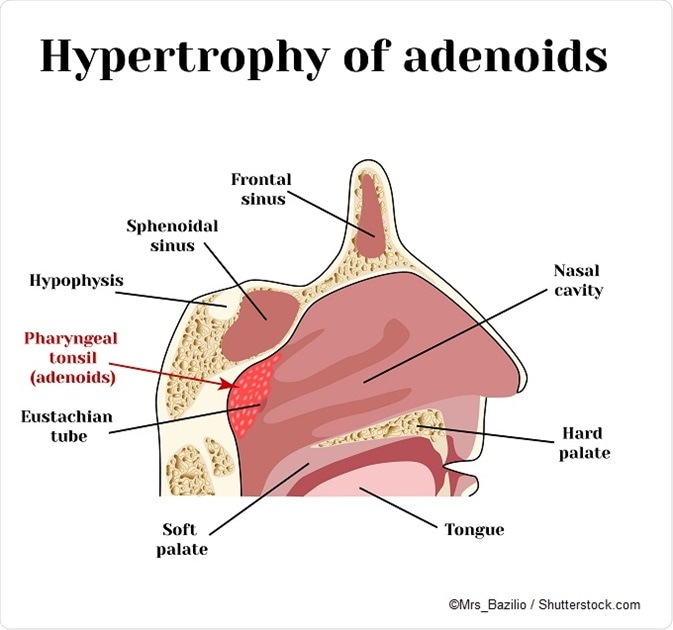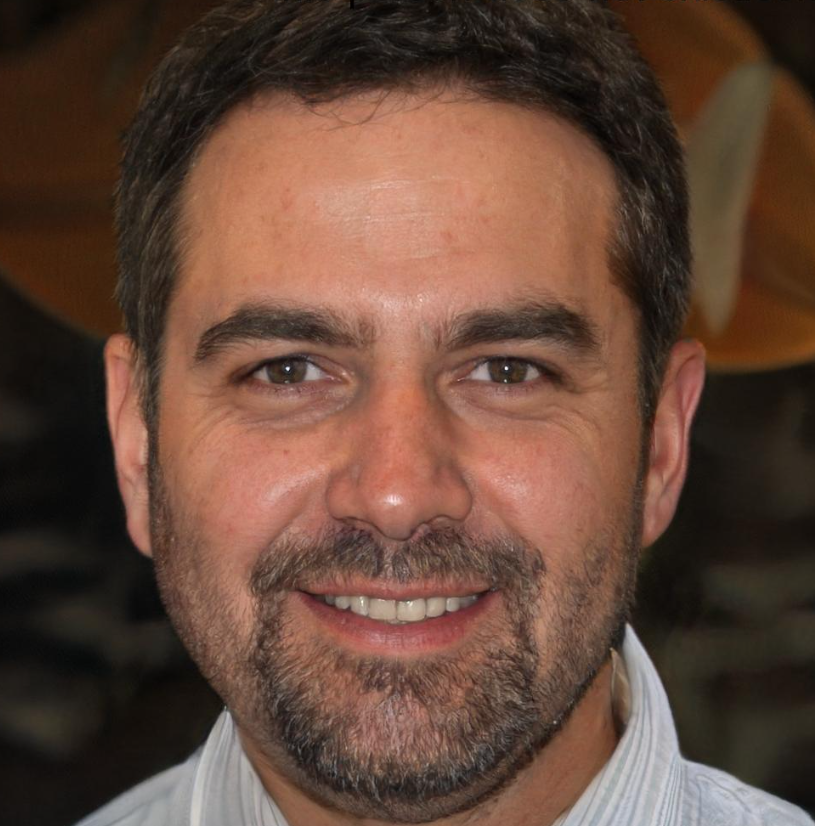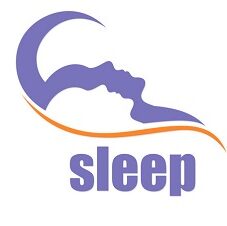Introduction
Snoring is a common problem that affects many individuals, causing disruptions in sleep patterns and potentially leading to various health issues. While lifestyle changes and non-invasive treatments can often help reduce snoring, there are cases where surgical intervention becomes necessary. This blog post explores some of the surgical options available for individuals dealing with chronic snoring.
Surgical Options for Snoring
Understanding Snoring
Snoring is a common sleep disorder that affects millions of people worldwide. It is characterized by loud, harsh noises produced during sleep, caused by the vibration of the tissues in the throat and nose. While occasional snoring is considered normal, chronic snoring can disrupt sleep patterns and lead to various health issues.
Non-Surgical Treatments for Snoring
Lifestyle Changes
Before considering surgical options, it is important to explore non-surgical treatments. Lifestyle changes such as losing weight, avoiding alcohol and sedatives before bedtime, improving sleep hygiene, and sleeping on your side can significantly reduce snoring in many cases.
Oral Appliances
Oral appliances, also known as mandibular advancement devices, can be an effective non-surgical option for snoring. These devices are custom-made to fit your mouth and work by repositioning the jaw to keep the airway open during sleep.
Continuous Positive Airway Pressure (CPAP)
CPAP is a common treatment for sleep apnea, a condition closely associated with snoring. It involves wearing a mask over the nose or mouth during sleep, which delivers a continuous flow of air pressure to keep the airway open.
Nasal Devices

Nasal devices such as nasal strips, dilators, or sprays can help open up the nasal passages and improve airflow, reducing snoring. These can be used as a temporary or complementary solution to address snoring caused by nasal congestion or obstruction.
Surgical Options for Snoring
Uvulopalatopharyngoplasty (UPPP)
UPPP is one of the most common surgical procedures for snoring. It involves removing excess tissue from the throat, including the uvula, tonsils, and part of the soft palate. By enlarging the airway, UPPP aims to reduce the vibration of tissues that causes snoring.
Laser-Assisted Uvulopalatoplasty (LAUP)
LAUP is a less invasive surgical option for snoring. It utilizes laser technology to remove or reshape excess tissue in the throat. This procedure can be performed under local anesthesia and involves minimal downtime.
Radiofrequency Ablation (RFA)
RFA is a procedure that uses radiofrequency energy to shrink and stiffen the tissues in the throat. By doing so, it reduces tissue vibration and promotes better airflow during sleep. RFA is often performed on the soft palate and tongue base.
Somnoplasty
Somnoplasty is a relatively new surgical option for snoring. It uses low-power radiofrequency energy to heat and shrink excess tissue in the throat. This procedure is minimally invasive and can be performed on an outpatient basis.
Palatal Implants
Palatal implants involve the insertion of small, braided polyester rods into the soft palate. These rods stiffen the tissue, reducing fluttering and vibration that leads to snoring. Palatal implants are a long-term solution for snoring and can be performed under local anesthesia.
Considerations and Risks
Before opting for any surgical procedure, it is important to consult with a qualified healthcare professional who specializes in sleep disorders. They will assess your individual case and recommend the most suitable treatment option.
Surgical Options for Snoring
Summary
Snoring is a prevalent issue that can significantly impact the quality of life of both the snorer and their sleep partner. Although non-surgical methods, such as positional therapy and oral appliances, are often recommended as initial treatments, they may not always provide adequate relief. In such cases, surgical interventions can be considered as an option to alleviate snoring and its associated consequences.
Several surgical procedures are available to target different anatomical structures that contribute to snoring. For example, uvulopalatopharyngoplasty (UPPP) focuses on removing excess tissue from the throat, including the uvula and part of the soft palate, to widen the airway and reduce snoring vibrations. Another procedure, known as radiofrequency ablation (RFA), applies controlled thermal energy to specific areas of the throat to tighten and stiffen the tissues, reducing their tendency to vibrate during sleep.
In addition to these procedures, other surgical options include palate implants, tongue base reduction, genioglossus advancement, and maxillomandibular advancement. The suitability of a particular surgical option depends on various factors, such as the individual’s anatomy, severity of snoring, and previous treatment outcomes.
Before considering any surgical intervention, it is essential to consult with a qualified healthcare professional who specializes in sleep medicine or otolaryngology. They can assess the underlying causes of snoring, evaluate the potential benefits and risks of surgery, and provide personalized recommendations based on individual circumstances.
It is important to note that surgical procedures for snoring are not without risks and complications. These can range from temporary discomfort and swelling to bleeding, infection, or changes in voice. Therefore, it is crucial to have a thorough understanding of the benefits, risks, and expected outcomes before making a decision.
In conclusion, surgical options can be viable solutions for individuals struggling with chronic snoring when non-invasive treatments prove insufficient. However, it is crucial to approach surgery with careful consideration, seeking expert advice and weighing the potential ri straight from the source straight from the source sks and benefits. Ultimately, the goal is to find the most appropriate and effective approach to address snoring and improve overall sleep health.

Welcome to my website! My name is Jack Rosman, and I am a professional Dream Psychologist dedicated to helping individuals achieve better sleep, understand their dreams, and improve their overall well-being. With years of experience in the field, I am passionate about providing effective snoring solutions, sleep therapy, sleep supplements, and dream analysis to enhance the quality of your sleep and unlock the hidden messages within your dreams. Read More

